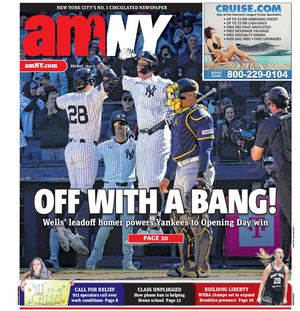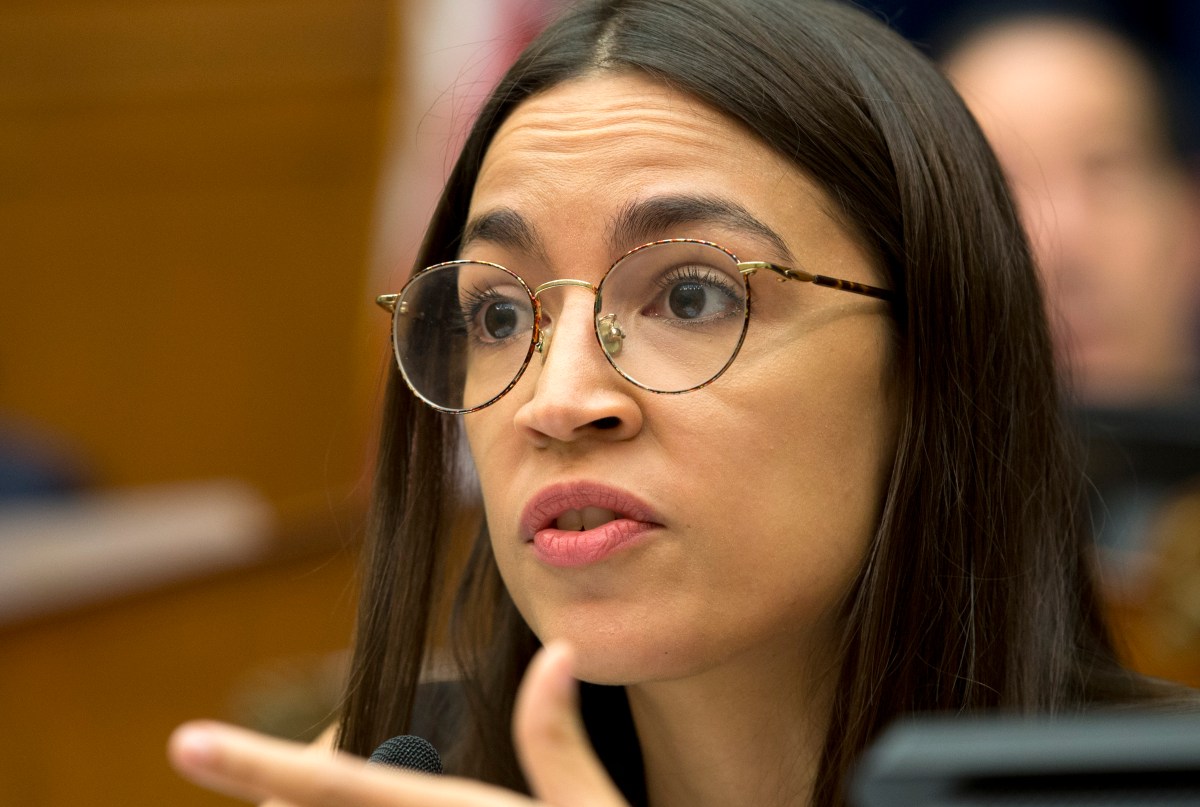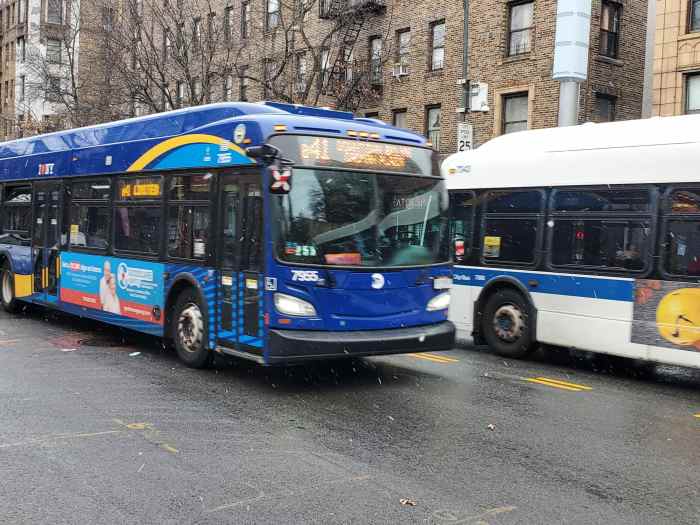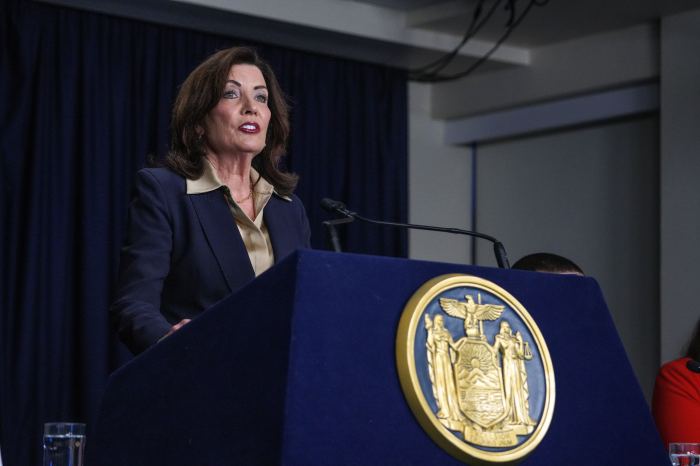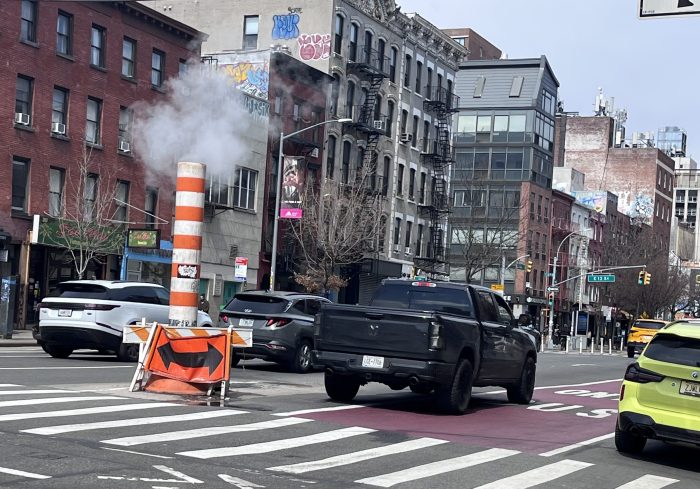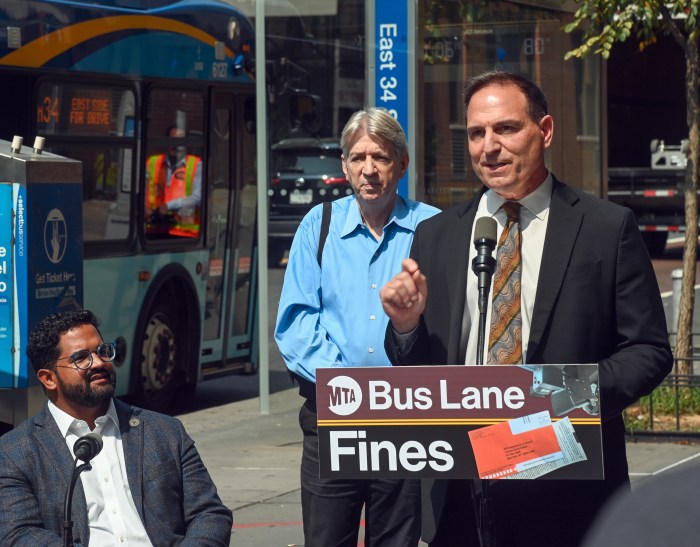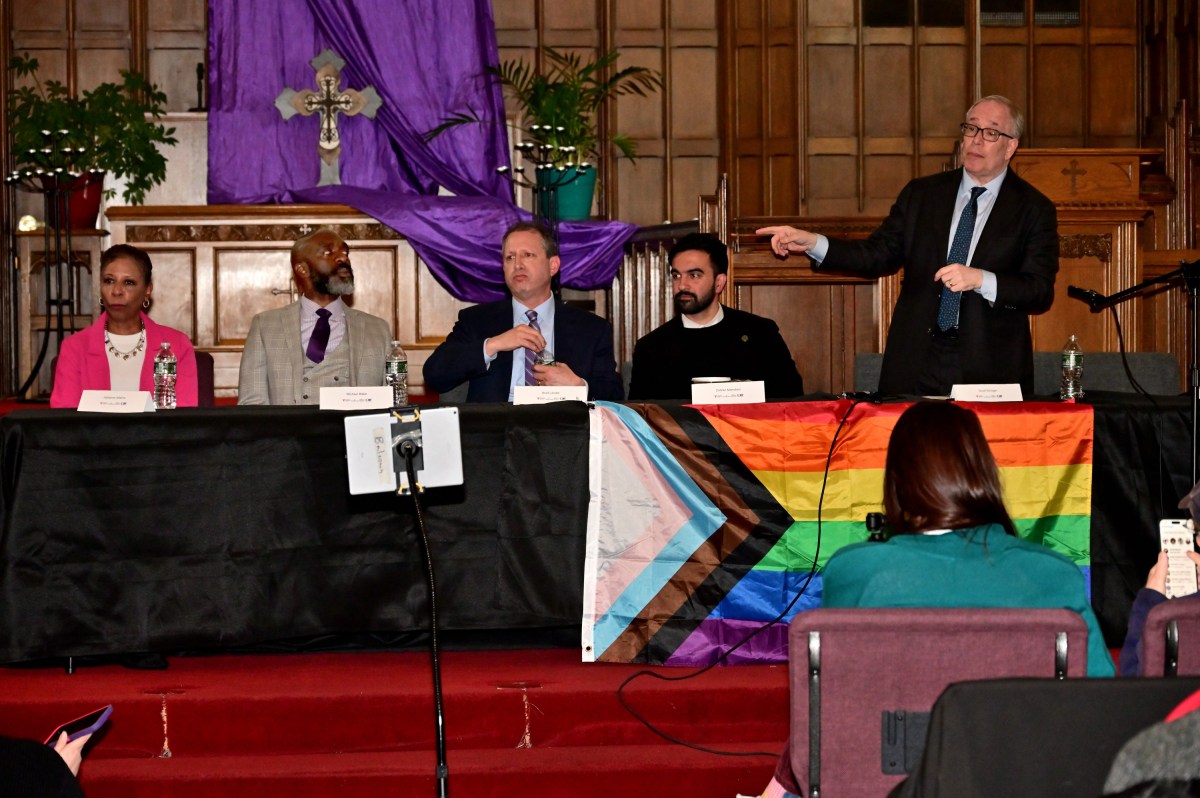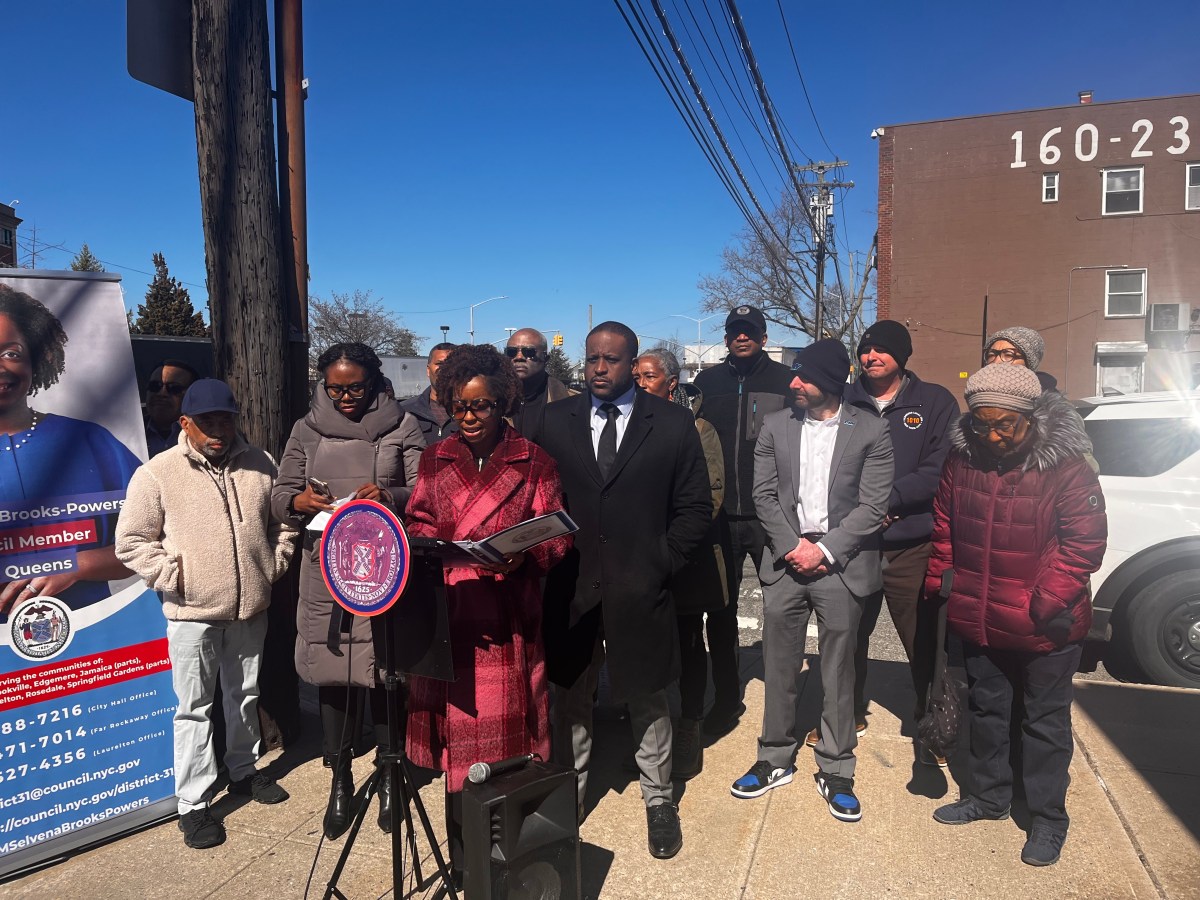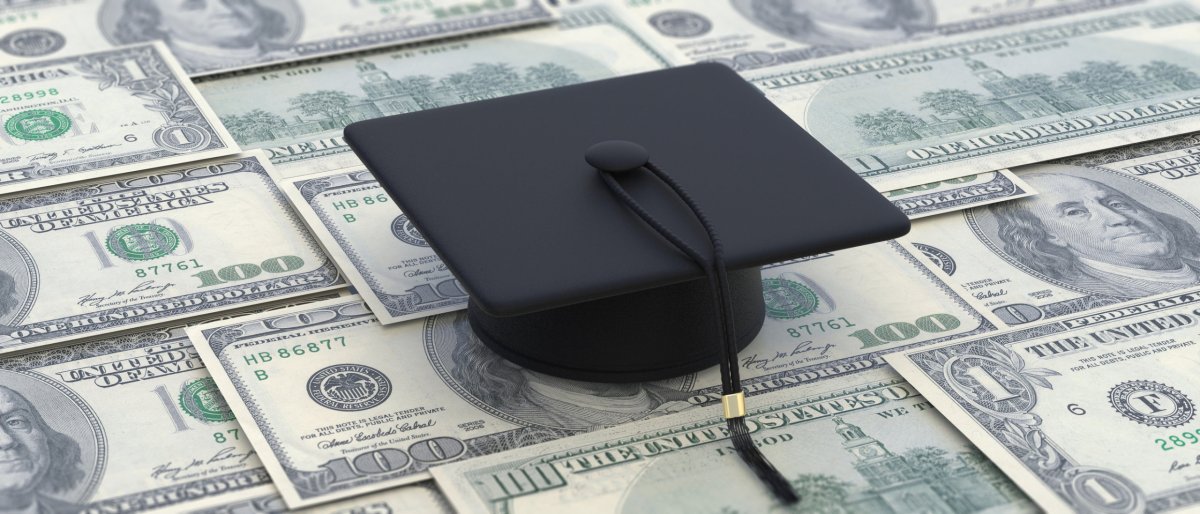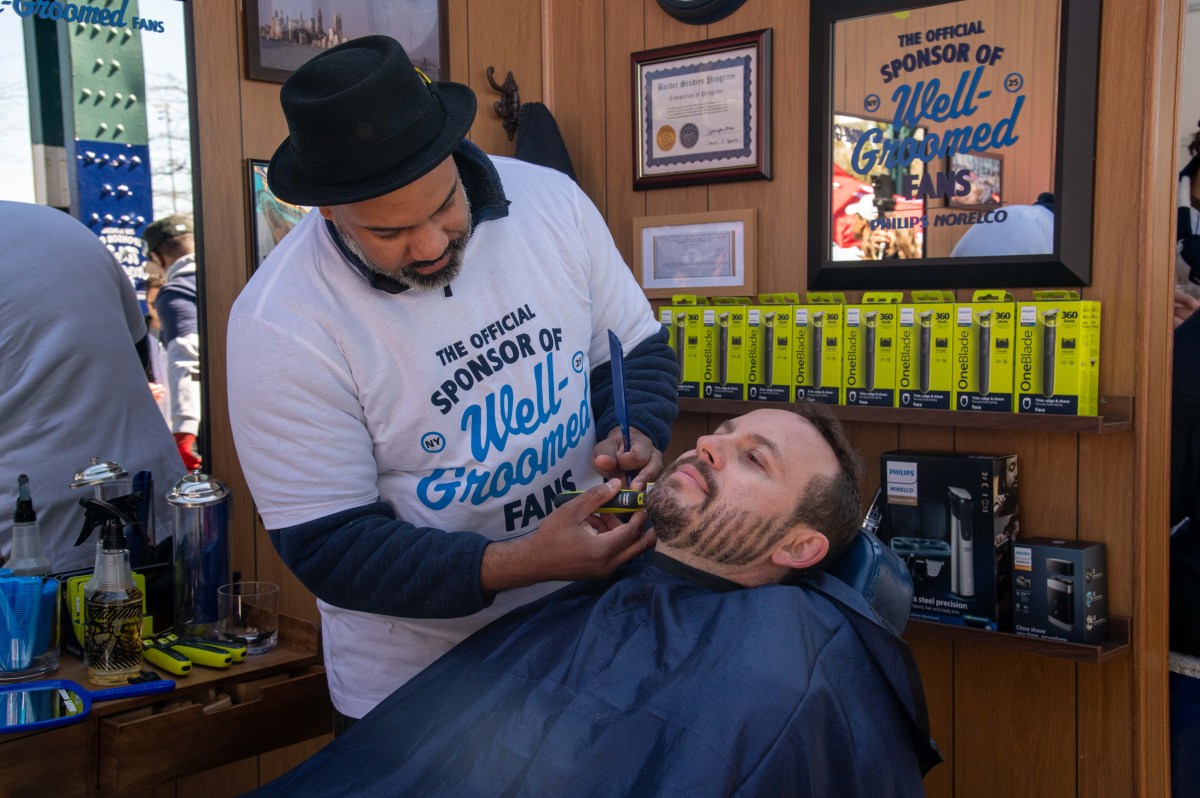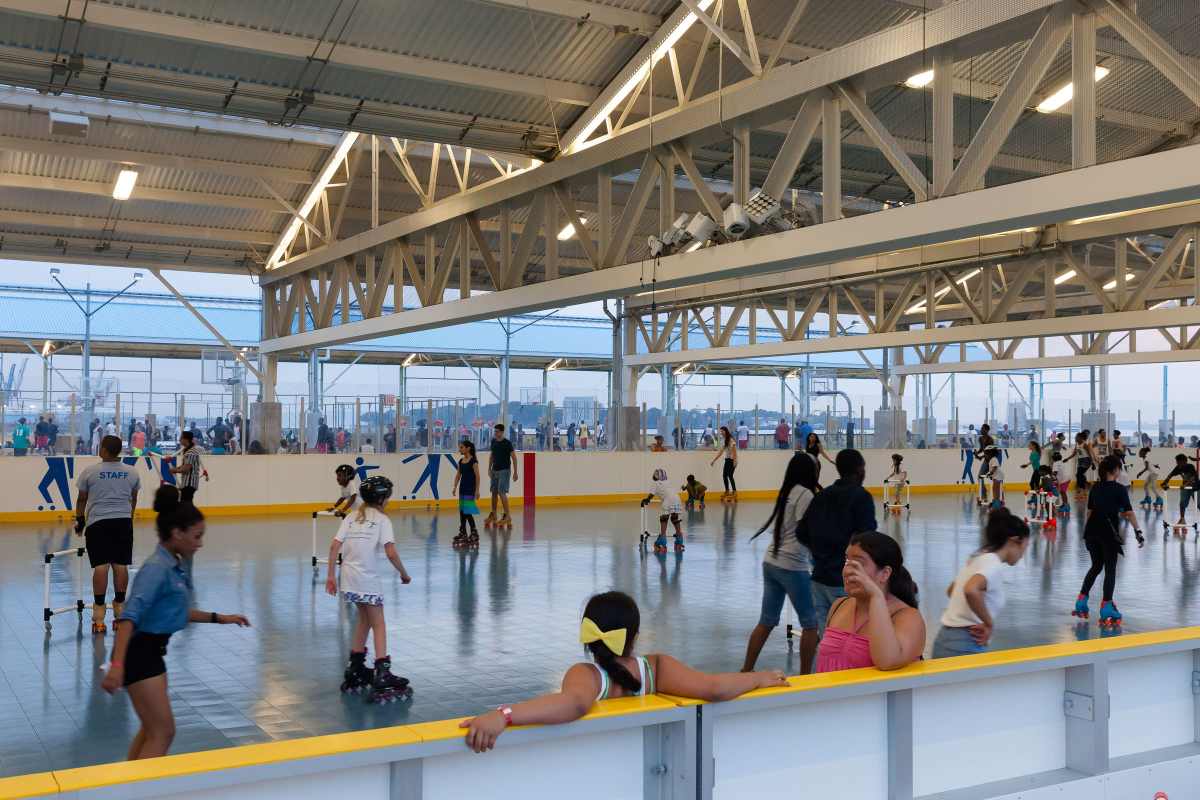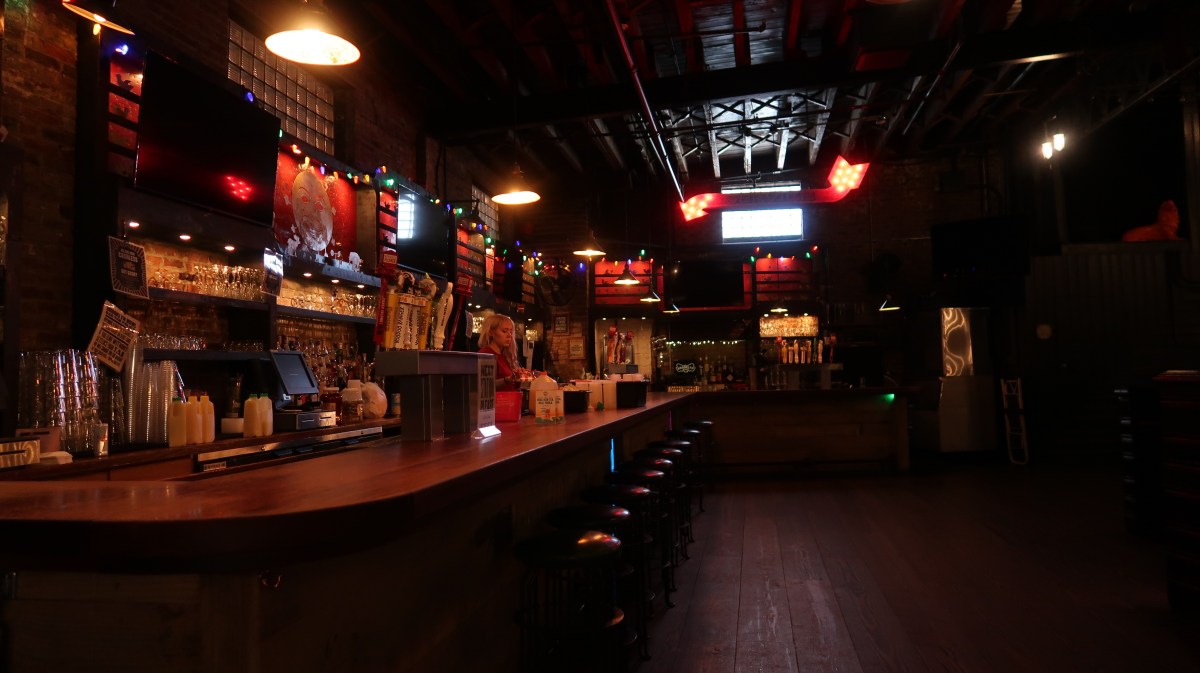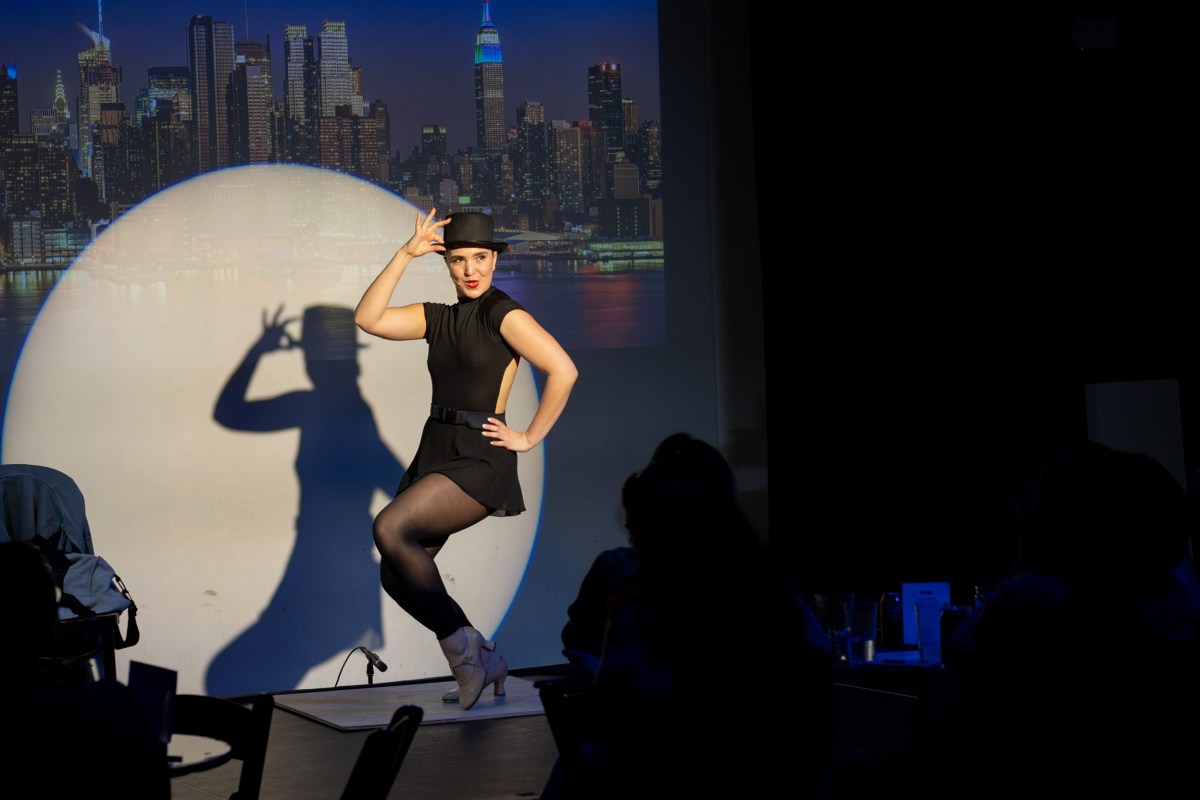Congresswoman Alexandria Ocasio-Cortez is calling on Governor Andrew Cuomo to cancel plans for hiring 500 new police officers into the city transit system and invest in improving service instead.
Ocasio-Cortez and colleagues penned a letter to Cuomo Tuesday arguing that the hirings would only exacerbate racial biases in policing fare evasion and could deprive low-income outer-borough communities of better commutes.
“Arresting hardworking people who cannot afford a $2.75 fare is, in effect, the criminalization of poverty,” reads the letter. “Further, it will be these same communities that will be most affected if the subway system is bankrupt or if there are additional route cuts.”
Cuomo announced the additional cops back in June as a way to combat fare evasion; homelessness and address a rash of worker assaults.
The MTA has estimated that its new police officers would cost $249 million over the next four years—a figure that has alarmed advocates and fiscal watchdogs; the authority is taking on the additional expense as it grapples with large budget gaps and potential service cuts. An analysis from the Riders Alliance nonprofit found that $249 could bring a 15% increase is midday and weekend subway service.
“[W]e urge the MTA to divest from this current model of criminalization and invest desperately needed resources in our subways and buses, and, most importantly, in those communities that need updated modes of transportation,” Ocasio-Cortez continued in the letter.
As the hirings were being discussed, a slew of viral videos began surfacing showcasing forceful policing in the subways against turnstile jumpers and illegal food vendors. Social justice advocates have pushed back against what they describe as a condescending and anti-poor MTA campaign to crack down on fare evasion, which they feel is being used to divert blame from the authority’s own operating failures.
The hirings would represent a 20% increase in the transit police force on subways and buses, where roughly 2,500 NYPD officers patrol. They would come as major felonies, generally, are trending down 3.7% through the year, according to NYPD data.
Worker assaults are also trending down when compared to last year, according to the NYPD — but robberies and misdemeanors have increased.
The MTA board is scheduled to vote on the authority’s next capital plan Wednesday, which would green-light the hirings.
At the board’s committee meetings on Monday, two of Mayor de Blasio’s three representatives on the board voiced policing concerns as a reason why they would be voting against the budget. Of the more than 5,000 New Yorkers were arrested for farebeating last year, 90 percent were people of color, according to city data.
“Rightfully, there is a lot of concern in the public,” said board member Veronica Vanterpool. “They see these two competing realizations in our system. There is a very real perceived inequity in how…this enforcement is being rolled out in our system.”
Vanterpool and others in attendance called for the MTA to publish deployment and enforcement strategy for the new officers. Board member Bob Linn criticized the MTA for failing to properly budget for new police, saying they could potentially rack up troubling overtime expenses.
“[The police force] has been presented as like manna from heaven for fare evasion, homelessness, quality of life, crime prevention, terrorism prevention…but one thing is clear: I believe it has not been totally budgeted.”
MTA Chairman Pat Foye, whom Cuomo hired to run the transit system, defended the plan for additional police officers. The chairman cited as justification an increase in robberies, hate crimes and aggravated harassments in city subways and buses. Foye also pointed to union data indicating an uptick in worker assaults, though the NYPD, through a narrower definition of assault, has registered a drop in worker assaults from last year to 2019, according to Vincent Coogan, the assistant chief of the Police Department’s Transit Bureau.
“We will not engage in politics when it comes to public safety: New Yorkers deserve to have reliable service and feel secure on our system – these priorities are one and the same,” Foye said. “Adding additional uniformed police officers across the MTA will help ensure safety and quality of life for our eight million daily customers.”
Danny Pearlstein, spokesman for Riders Alliance, countered that the riding public, in general, would barely register the new officers’ presence.
“Five hundred more police officers, spread across 472 stations, more than 5,000 buses, and a whole city, will not transform the feel of public transit,” Pearlstein said in a statement. “They will, however, make it harder for the MTA to meet [the] demand for transit service that 8.6 million New Yorkers depend on every day.”
Ocasio-Cortez suggested city police could address worker safety “without criminalizing poverty.”
“Instead of patrolling the turnstile, existing officers should focus on the threats faced by MTA employees,” she wrote. “Utilization of a more finessed deployment approach that focuses on the reduction of assaults against transit operating personnel would protect workers and safe the MTA sorely needed operating dollars.”
Congressmen Jerrold Nadler and Jose Serrano signed on to the letter alongside state Senators Michael Gianaris, Jessica Ramos, Julia Salazar, Alessandra Biaggi and Luis R. Sepulveda.
